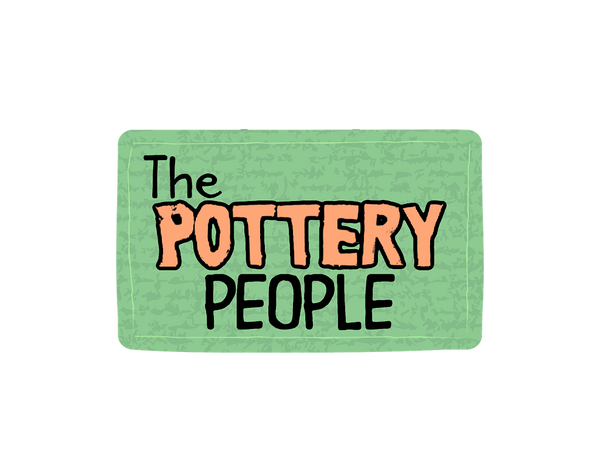Pottery, an ancient and enduring art form, has evolved over the centuries to become a medium of limitless creativity and expression. If you're new to the world of pottery or considering delving into this fascinating craft, you might find yourself pondering a fundamental question: Do you need a kiln for pottery? In this article, we'll delve into the importance of kilns in pottery, the alternatives available, and the factors to consider when deciding whether to invest in one.
Understanding the Role of Kilns in Pottery
A kiln is a specialized oven used to fire clay creations at high temperatures. This crucial step transforms raw clay into durable ceramic pieces that can be functional or decorative. Kilns are integral to pottery because they facilitate the chemical and physical changes that turn clay into ceramic, including the vitrification process where clay particles fuse together to create a solid structure.
Exploring Alternatives to Kilns
While kilns are the traditional and most efficient way to fire pottery, there are alternatives available for those who don't have access to a kiln or are just starting their pottery journey:
-
Air-Drying Clay: Air-dry clays are designed to dry and harden without the need for firing in a kiln. They are convenient for beginners and children, but it's important to note that air-dry clay doesn't achieve the same level of durability and permanence as kiln-fired ceramics.
-
Oven-Bake Clay: Oven-bake polymer clays are popular among crafters. These clays can be cured in a home oven at lower temperatures than traditional ceramics, but they have a different composition and finish than kiln-fired pottery.
-
Raku Firing: Raku is a unique and dramatic firing process that involves removing pottery from the kiln while it's still glowing hot and placing it in combustible materials to create striking glaze effects. This process can be done with a makeshift kiln setup, but it's not the same as traditional ceramics firing.
Factors to Consider When Deciding on a Kiln
If you're serious about pursuing pottery as a long-term passion or even a profession, investing in a kiln is highly recommended. Here are some important factors to consider:
-
Type of Pottery: The type of pottery you want to create will influence the type of kiln you need. For functional or large-scale pieces, a traditional ceramic kiln is essential. If you're exploring more experimental techniques, a kiln with specific firing capabilities might be required.
-
Studio Space: Kilns come in various sizes, and the amount of available studio space will determine the size of kiln you can accommodate. Consider both the kiln's dimensions and the clearance needed around it for safety.
-
Budget: Kilns can be a significant investment, including the cost of the kiln itself, electrical installation, ventilation, and ongoing firing expenses. Assess your budget and explore options that align with your financial capacity.
-
Firing Temperature: Different types of pottery require specific firing temperatures. Make sure the kiln you choose can reach the temperatures needed for your preferred clay and glaze types.
-
Firing Methods: Kilns offer various firing methods, such as oxidation, reduction, and wood firing. Research the firing methods that suit your artistic goals and find a kiln that supports those methods.
Conclusion
In the world of pottery, a kiln is indeed a vital tool for creating durable and functional ceramic pieces. While alternatives like air-dry and oven-bake clays exist, they offer different results and may not provide the same level of durability as kiln-fired ceramics. If you're committed to pursuing pottery as a serious endeavor, investing in a kiln is a wise decision that opens up a world of creative possibilities. Take the time to evaluate your goals, studio space, and budget to determine the right kiln for your artistic journey.

